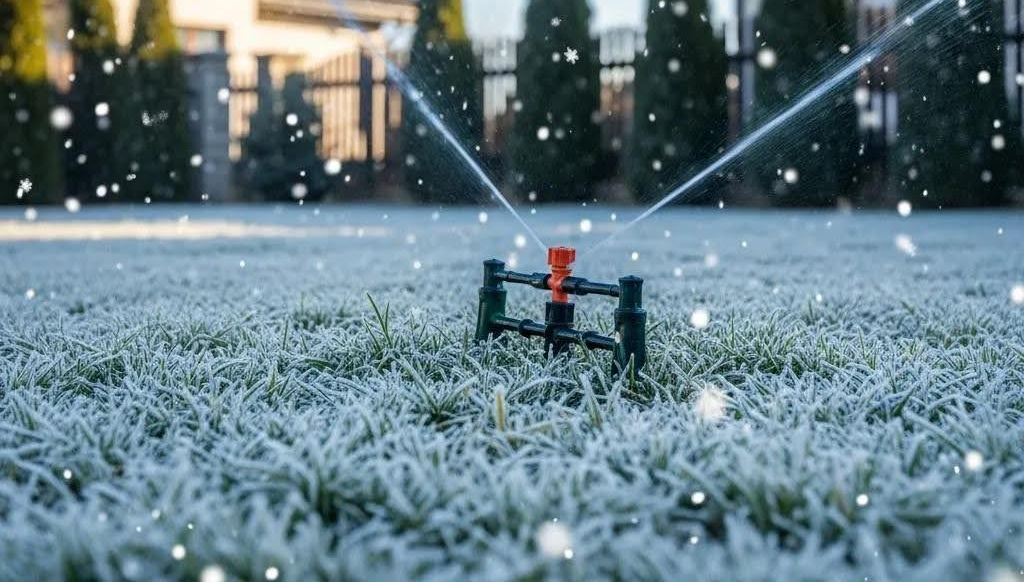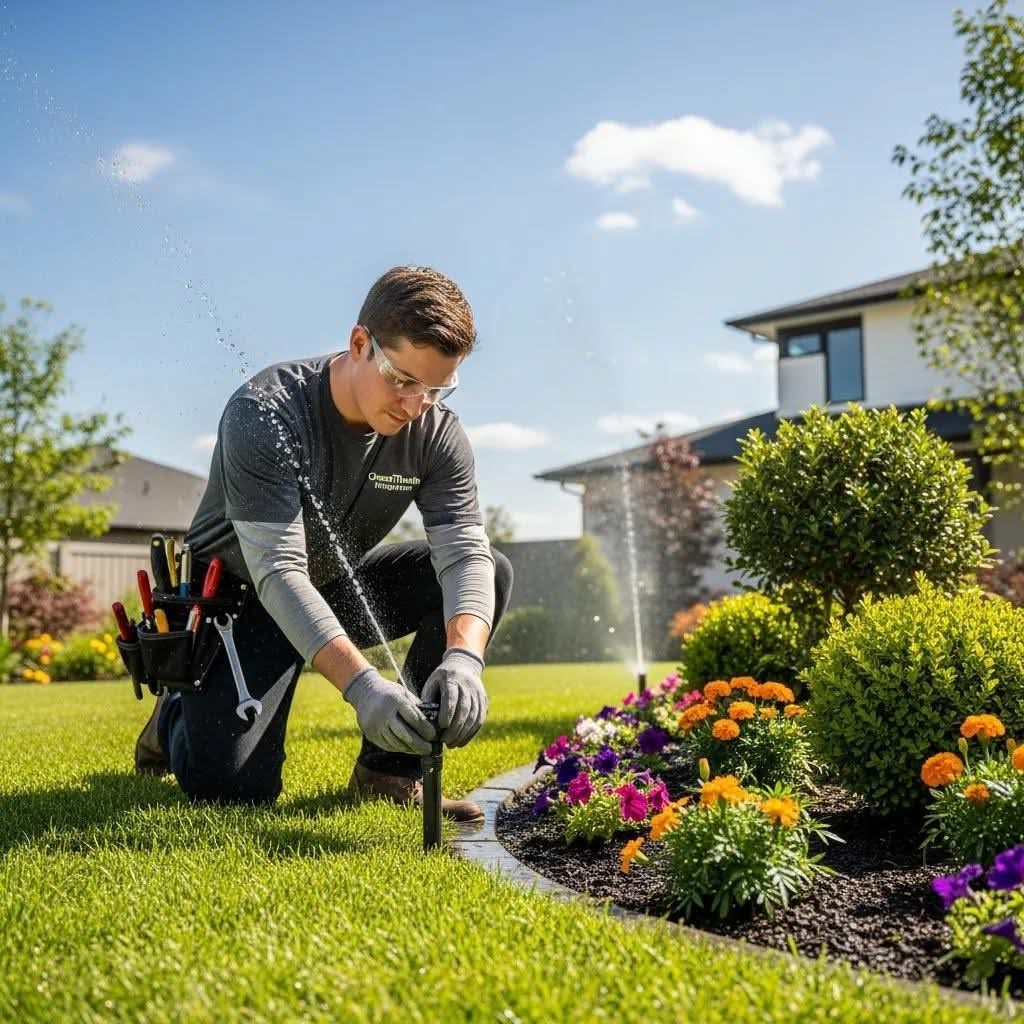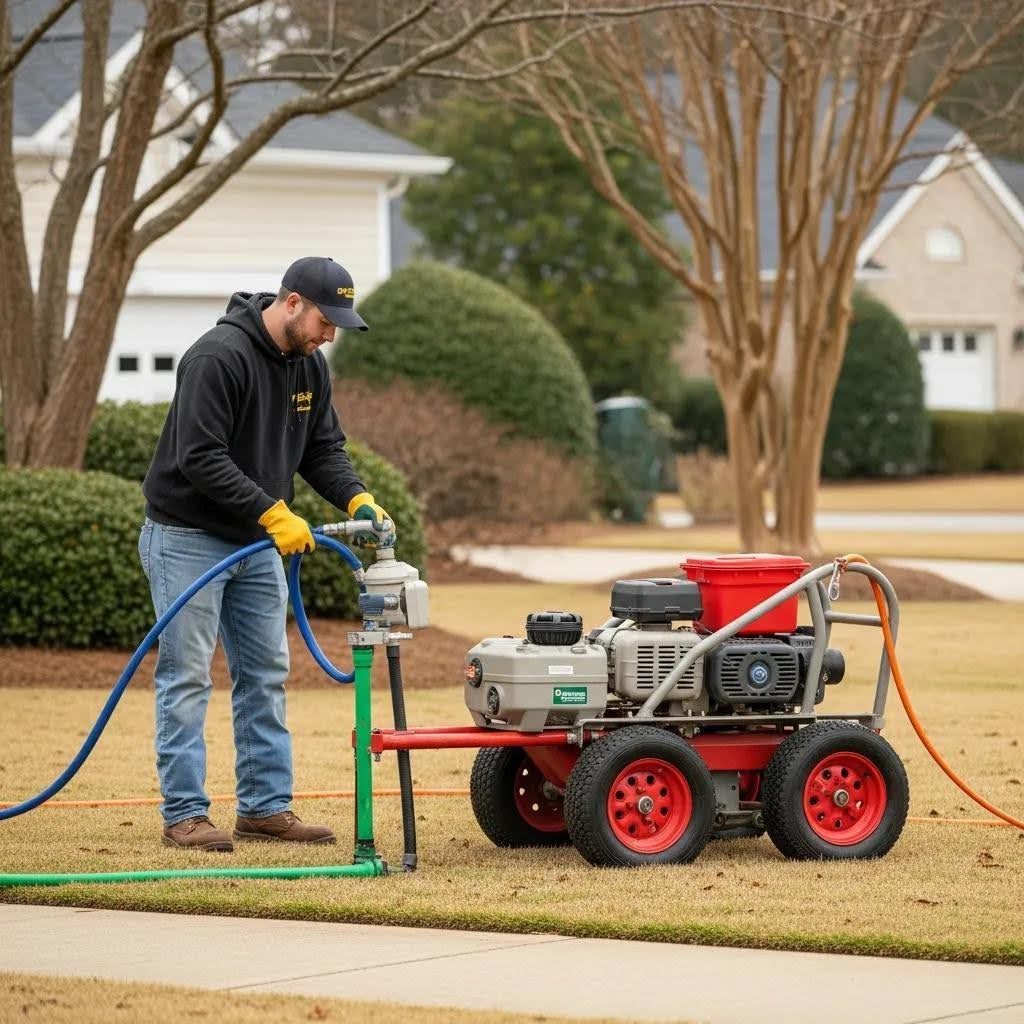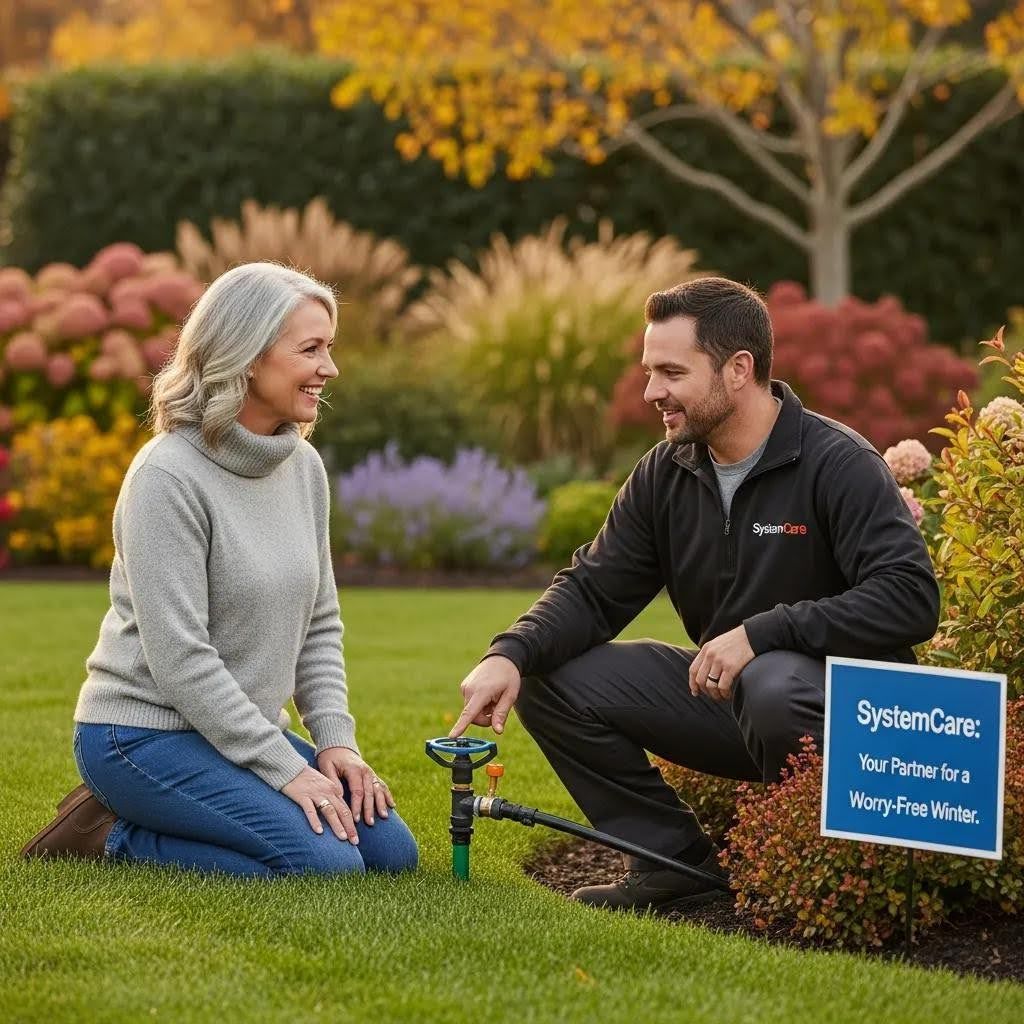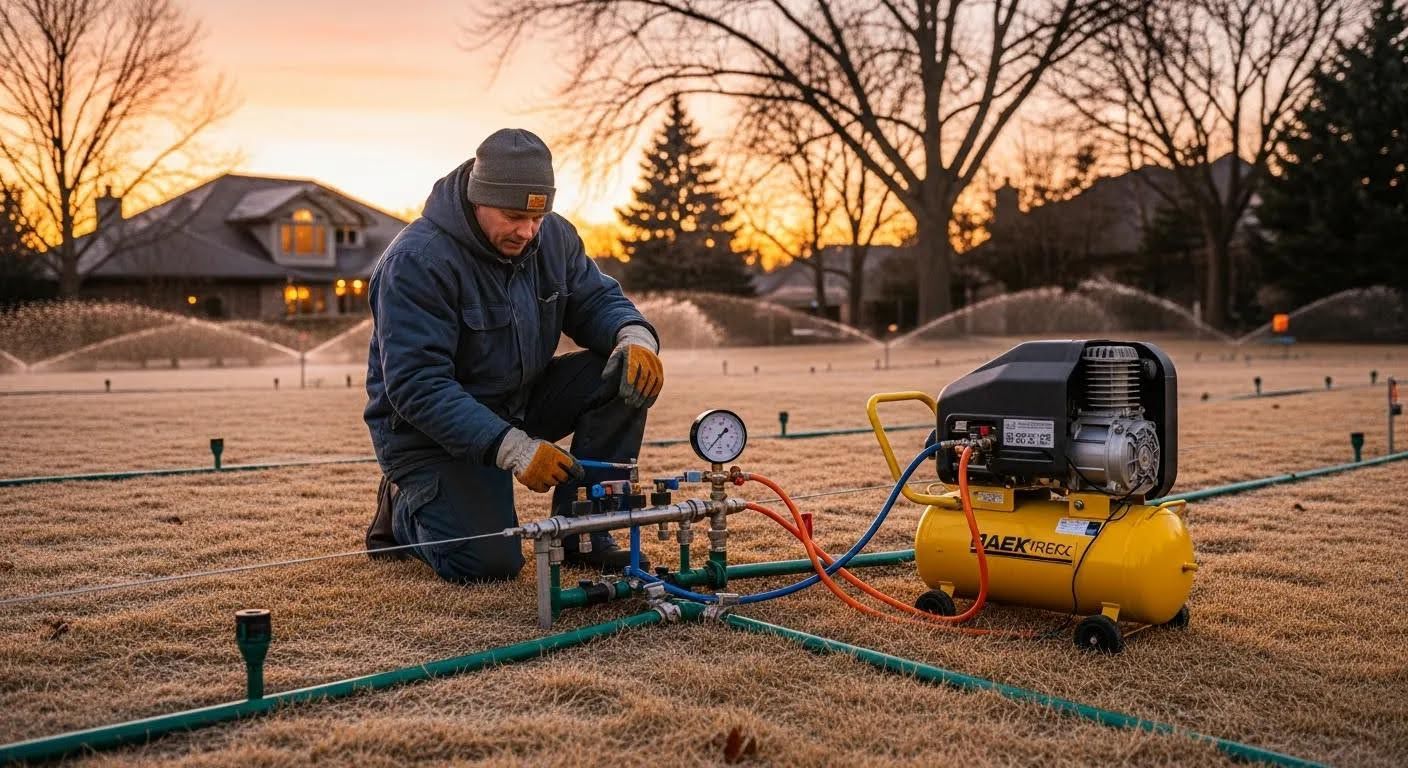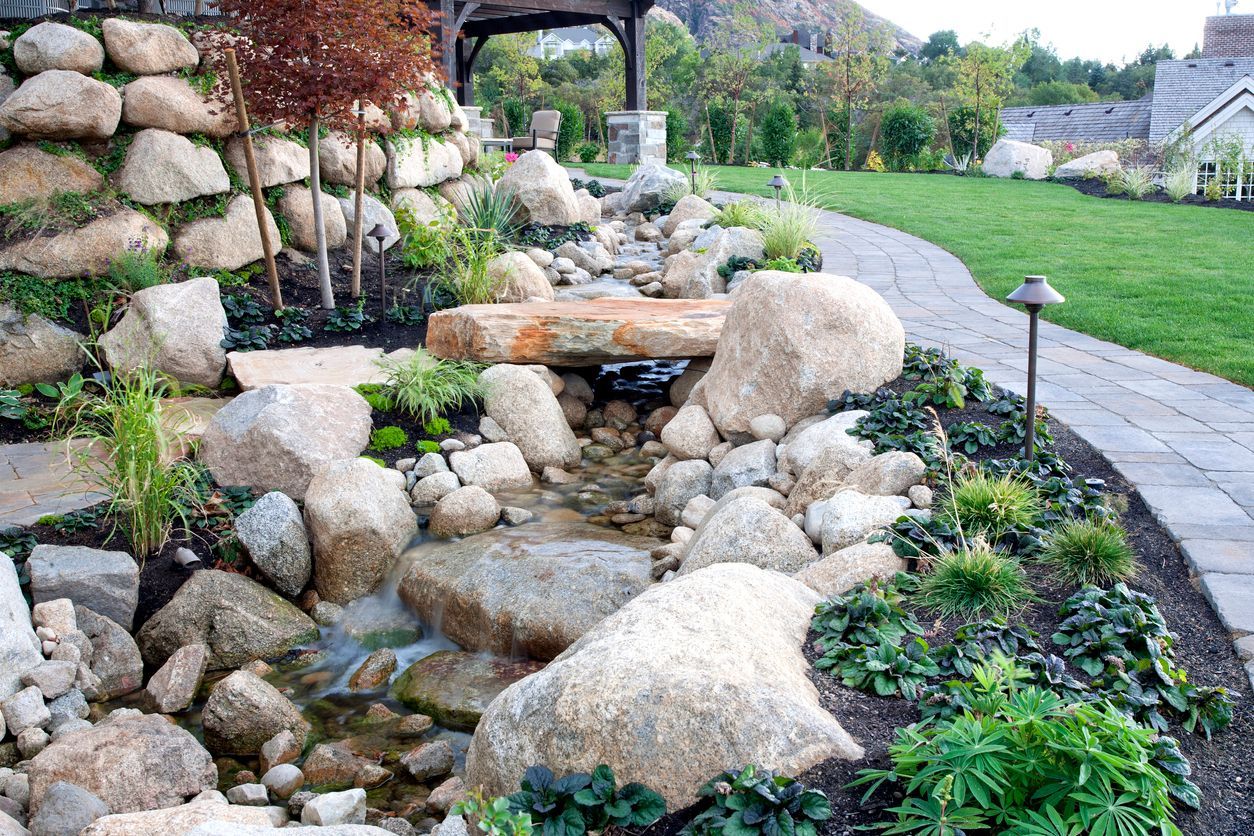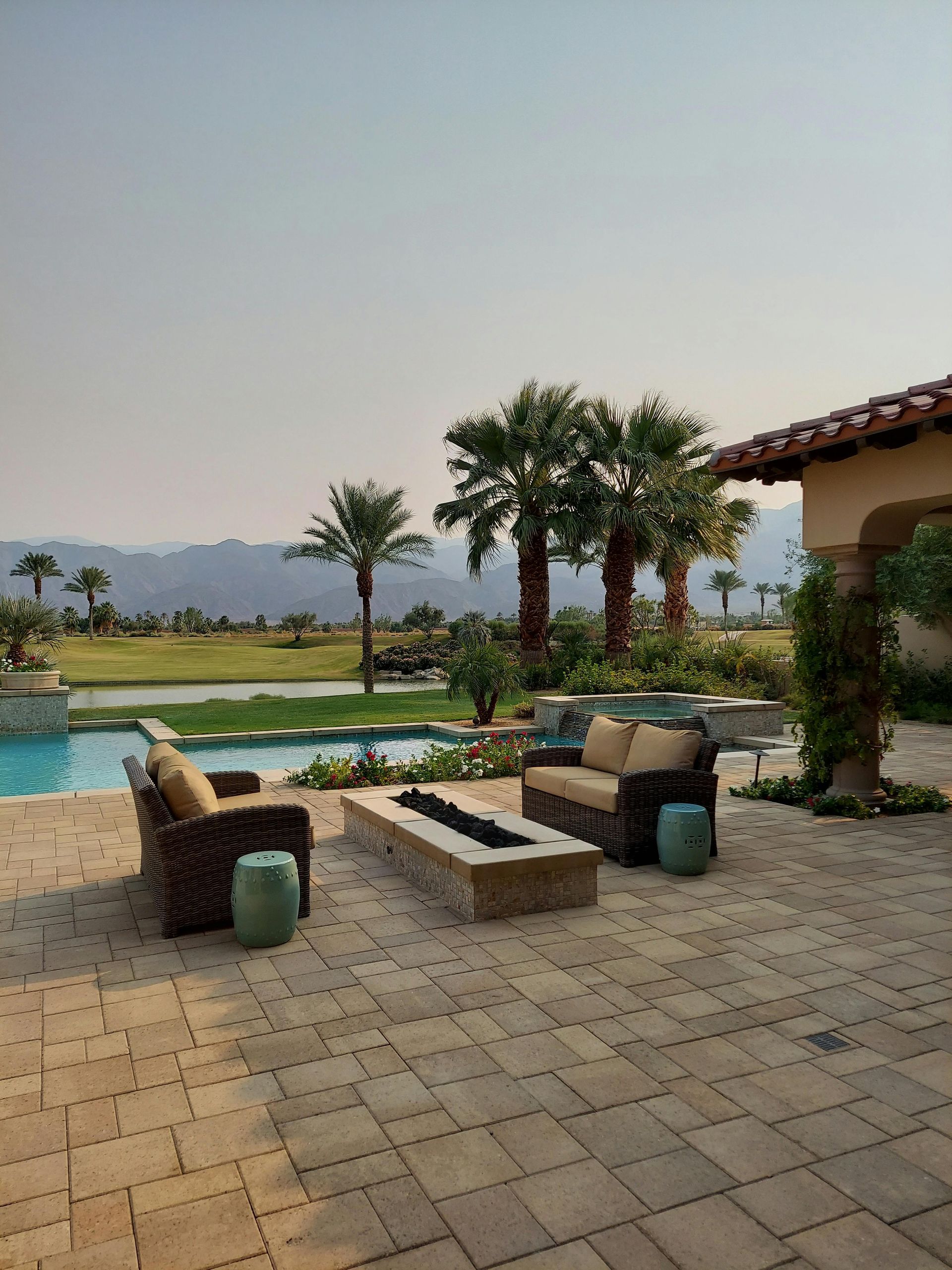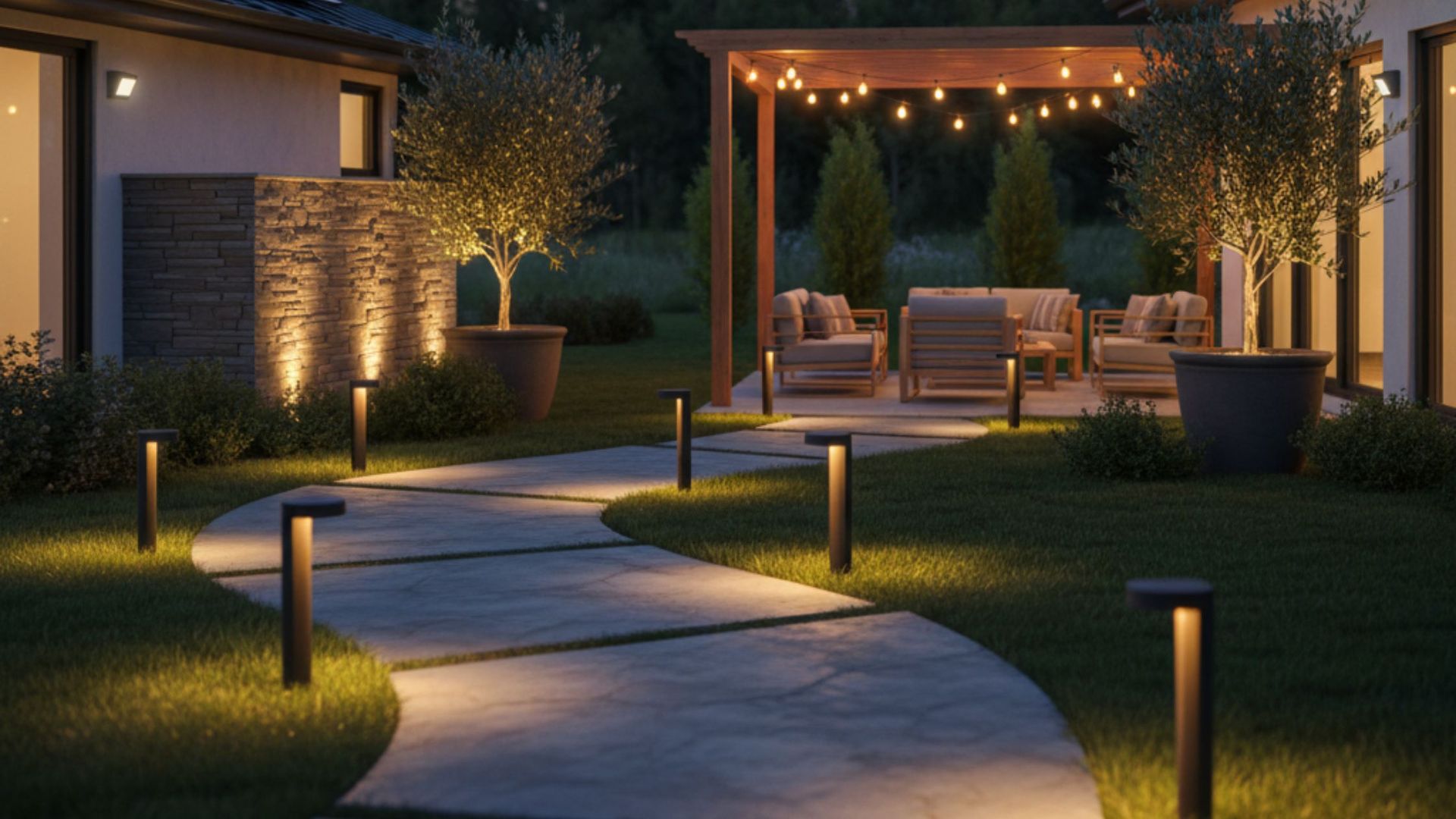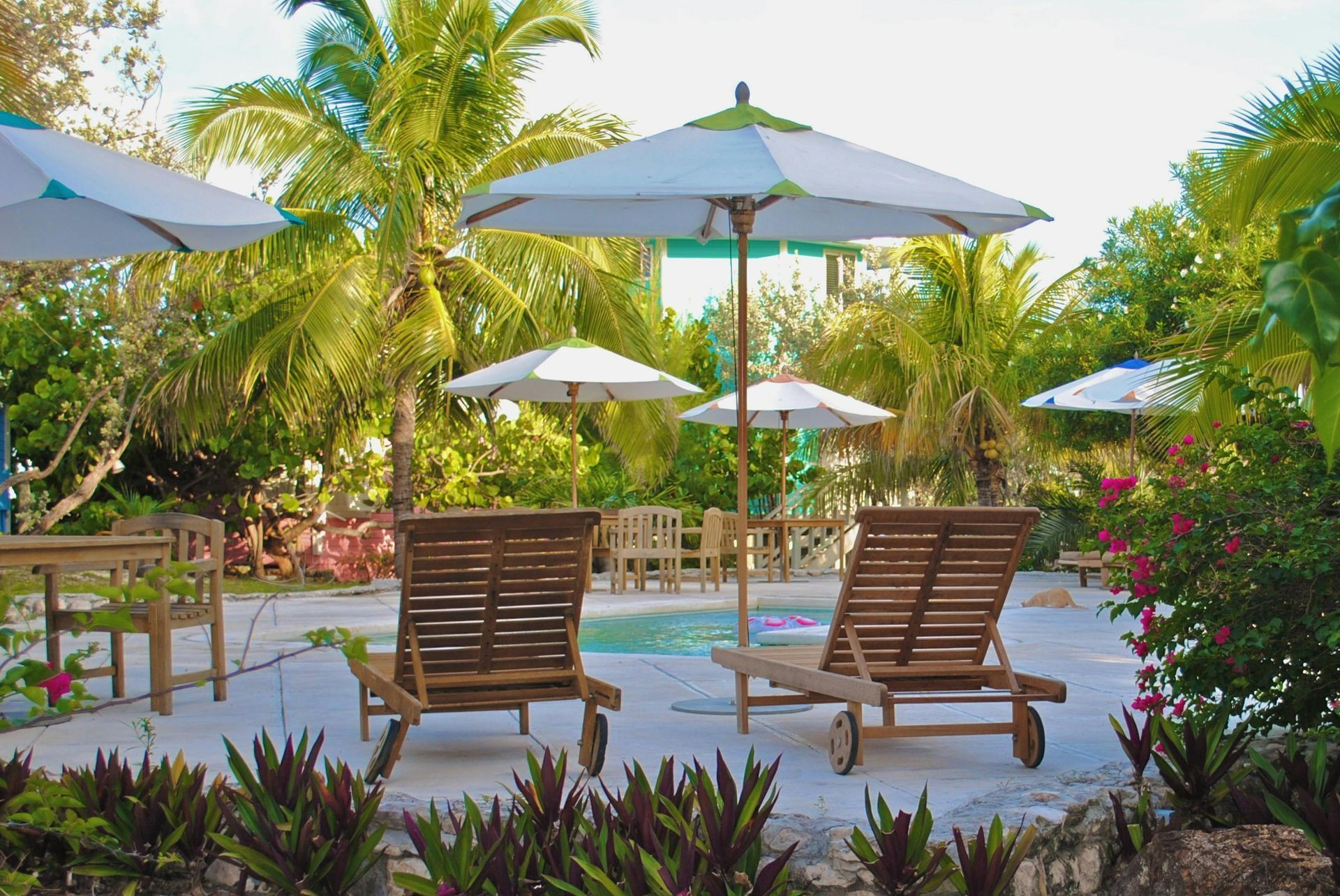What’s Involved in Maintaining a Yard Sprinkler System Year‑Round?
A well‑maintained sprinkler system is the backbone of a thriving landscape. Regular seasonal irrigation maintenance not only conserves water and reduces costs but also ensures that the system remains reliable throughout every season. Professional homeowners and landscaping experts understand that a yearly system tune‑up is not just an option but a necessity. The year‑round upkeep of a sprinkler system involves tasks as diverse as a spring inspection, a summer performance check, a fall adjustment, and careful winterization, especially in regions like Hampton Roads. This comprehensive approach helps to avoid costly repairs and inefficient water use.
Maintaining a sprinkler system requires a deep understanding of the individual components, from control panels to sprinkler heads and the pipes that support them. Effective system maintenance practices include understanding the importance of Yard Sprinkler System Hampton Roads integrated into the local irrigation network, emphasizing the need for constant adjustments in a shifting climate and changing seasonal demands.
Spring Maintenance: Awakening the System After Winter
Spring marks the rebirth of nature and, simultaneously, the moment when a sprinkler system awakens from its winter slumber. After months of inactivity or minimal use, every component must be inspected and tested. In the early spring, the first step is to perform a comprehensive system tune‑up.
System Inspection and Tune‑Up
During the spring tune‑up, the system is closely examined. Technicians inspect every sprinkler head for alignment issues and signs of damage. Winter’s freezing temperatures and thaw cycles can cause pipes to shift or break and sprinkler heads to become misaligned. A physical inspection will reveal blockages or any residue that may have accumulated during the winter months. This is an ideal time to reprogram irrigation controllers so that watering schedules align with the increased demands of warming weather. Professionals also evaluate rain sensors, ensuring they are free from debris and capable of accurately signaling a system shutdown when natural precipitation occurs.
Short, frequent waterings are optimal for new growth. The gradual increase of water supply in spring helps the system adapt to higher demands. By conducting a detailed inspection after winter, technicians can fix minor issues before they develop into major problems.
Nestled among numerous local resources, the importance of a holistic landscape strategy is evident. For instance, many service providers encourage a coordinated approach with services such as Outdoor Lighting Solutions Hampton Roads, ensuring that both water and light work in harmony to boost landscape aesthetics and functionality.
Summer Maintenance: Optimizing Performance Under the Sun
As temperatures peak, the sprinkler system’s performance is put to the test. The summer months require a distinct approach geared toward maintaining efficiency and preventing water wastage in an environment where evaporation is at its highest.
Adjusting the Watering Schedule in the Heat
The rising heat necessitates adjustments to the watering schedule. Effective irrigation must account for changing sun exposure, soil type, and landscape canopy. For instance, some areas of a yard might need longer durations of water while others require short, frequent bursts to avoid overwatering. This differential watering strategy helps manage water usage and ensures that each zone of the landscape receives just the right amount of moisture. By recalibrating the controller settings, every zone can deliver optimal water pressure and flow.
As part of a seasonal tune‑up, technicians verify that no leaks exist in exposed pipes and joints. They check for issues such as water pooling around sprinkler bases, which can indicate misdirected or malfunctioning heads. It is during these inspections that professionals often refer to the benefits of Reasons to Install a Sprinkler System. The system’s ability to automatically adapt to different watering needs reinforces its value to homeowners.
Inspecting for Leaks and Performance Tuning
Leaks and inefficiencies are common in sprouting summer heat. By performing a thorough system check—inspecting for fractured piping or inconsistent water pressure—maintenance experts can prevent water wastage and ensure each sprinkler head operates at its highest efficiency. A well‑tuned system guarantees that the landscape remains lush and vibrant even under prolonged exposure to the sun.
Small issues, if left unchecked, evolve into costly repairs. Proactive maintenance, such as a routine summer system tune‑up, saves money and conserves water over time. Some service providers even highlight the advantages of upgrading to Sprinkler System Cost in Hampton Roads awareness, emphasizing how efficient systems not only cut utility bills but also enhance the overall value of the property.
Fall Maintenance: Preparing for the Cold
As the growing season winds down, fall maintenance transitions the system from high‑demand summer watering to a state of readiness for winter. Fall is a critical period for recalibrating the sprinkler system for the impending colder months. A seasonal change in weather calls for a gradual reduction in water usage, as well as tasks that help secure the system against freeze‑thaw damage.
Procedures for Early Winter Protection
During the fall season, the sprinkler system is inspected for signs of wear that may have developed during the summer. Leaves and debris accumulate around exterior components, potentially compromising the system’s performance. Technicians clear these obstructions, ensuring that the sprinkler heads remain free and capable of functioning optimally. A detailed cleaning of the nozzles and adjustment of the water pressure settings are integral parts of the fall maintenance checklist.
Gardeners and landscape managers balance water needs with the natural reduction in evapotranspiration. By modifying the watering schedule and reducing overall water output, they safeguard the landscape and the system’s integrity. Experts highlight that homes equipped with a professionally installed system benefit immensely when they leverage free resources such as information on Reasons to Install a Sprinkler System. This approach underlines the value of an automated, well‑designed irrigation plan that adapts to seasonal changes.
Adjusting Seasonal Irrigation Maintenance Routines
Reprogramming the irrigation controller in the fall is essential. A call to action for many homeowners is to embrace seasonal irrigation maintenance, adjusting run times and frequencies to match the cooler, shorter daylight hours. In some cases, it might even be necessary to re‑zone the system. Detailed analysis reveals that a precise adjustment of sprinkler heads helps avoid water runoff and prevents soil erosion.
This period is also ideal for a mini review of system components. Technicians perform leak tests and run each zone individually. The adjustments ensure that the system is primed for a difficult winter, when extreme temperatures can magnify minor defects into major issues.
Winter Maintenance: Effective Sprinkler Winterization
Winter is the most challenging period for any sprinkler system, particularly in regions that might experience below‑freezing temperatures and sporadic snowfall. In Hampton Roads and similar regions, proper winterization is critical. Failure to prepare can result in cracked lines and damaged sprinkler heads, leading to expensive repairs come spring. The focus of winter maintenance is on “sprinkler winterization Hampton Roads” techniques that protect the system’s integrity throughout the cold months.
Techniques for Protecting Against Freeze Damage
When temperatures dip, it is essential to drain the entire irrigation system. Water left in pipes expands when frozen, causing fractures or burst pipes. A standard winterization procedure involves using compressed air to expel any residual water from the pipes. Advanced techniques sometimes require the application of antifreeze in specific areas, particularly in exposed valve boxes.
Beyond draining the system, technicians inspect exposed components for wear and damage. Insulating vulnerable pipes or using protective covers during harsh weather can prevent further deterioration. Detailed winter protocols also include verifying that rain sensors and controllers are programmed to remain off during freezing conditions. Many experts agree that proactive winterization measures are a cornerstone of effective seasonal maintenance.
Advanced System Tune‑Up and Drainage Strategies
Even in winter, a periodic check of the system's components is beneficial. Technicians assess the feasibility of a gradual block‑by‑block drain of the system. An advanced system tune‑up during the winter can help identify components that require replacement before melting begins and water pressures spike in early spring. In doing so, experts ensure that no part of the system is overlooked and that every component is prepared to face seasonal fluctuations.
Homeowners benefit from timely maintenance advice and services designed around Best Sprinkler Systems for Coastal Virginia Yards. This focus on preventive care and precision adjustments distinguishes robust sprinkler systems in areas where winterization is a crucial element of long‑term system performance.
Comprehensive System Maintenance: A Year‑Round Strategy
Maintaining a sprinkler system through every season is a holistic process that requires consistent care and a proactive approach. From the initial system tune‑up of spring to the rigorous winterization practices, a comprehensive year‑round maintenance plan reinforces the longevity and efficiency of the entire irrigation network.
Integrated Care and Preventive Measures
A key element of year‑round care is the integration of preventive measures. Proactive inspections, detailed cleaning, and timely adjustments ensure that each sprinkler head, valve, and connection operates in peak condition. Alongside these tasks, experts encourage constant monitoring, conducting periodic system tune‑ups to catch potential issues before they escalate.
In many cases, related maintenance services contribute to an overall enhancement of the outdoor living environment. For instance, the synergy between a sprinkler system and Outdoor Lighting Solutions Hampton Roads can dramatically improve the appearance and functionality of a property. Concurrent upgrades to both water and lighting systems offer homeowners comprehensive control over their outdoor spaces.
Financial and Environmental Benefits
Regular maintenance of a sprinkler system also emphasizes efficiency and cost savings. By preventing leaks, optimizing water delivery, and avoiding premature system failures, homeowners reduce the risk of costly repairs. Moreover, an efficiently maintained system uses water more effectively, which is an important consideration in today’s environmentally conscious landscape. Professionals can offer detailed insights into Sprinkler System Cost in Hampton Roads, providing cost estimates and highlighting how preventive maintenance can lead to significant savings over time.
As experts review their comprehensive systems, the need for careful monitoring, step‑by‑step inspections, and reliable maintenance schedules becomes indisputable. The integration of Yard Sprinkler System Hampton Roads facilitates a seamless bridge between innovative water technology and the practical realities of seasonal upkeep.
Frequently Asked Questions
1. Why is seasonal irrigation maintenance essential for a sprinkler system?
Seasonal irrigation maintenance ensures that all system components—from sprinkler heads to controllers—are adjusted to reflect current weather conditions. Regular tune‑ups minimize water wastage, prevent potential damage due to freeze‑thaw cycles, and enhance the overall efficiency and longevity of the system.
2. What steps are involved in a proper sprinkler winterization in Hampton Roads?
Sprinkler winterization in Hampton Roads typically involves draining the system, using compressed air to expel any remaining water, insulating vulnerable pipes, and adjusting the controller settings. These actions protect the system from freeze‑related damage and ensure a smooth restart in early spring.
3. How often should a sprinkler system undergo a system tune‑up?
Experts recommend a comprehensive inspection and tune‑up at least four times a year—once during each season—with an emphasis on spring and fall. These routine checks help identify minor issues early, thereby preventing costly repairs while ensuring optimal performance throughout the year.
4. Can a homeowner perform routine sprinkler maintenance, or should a professional be hired?
While some basic tasks can be performed by the homeowner, complex maintenance—such as winterization procedures, thorough inspections, and adjusting the irrigation controller—is best handled by professionals. Experienced technicians ensure that all components are accurately calibrated and functioning efficiently. This is why many homeowners rely on services like Hampton Roads Irrigation & Landscape to get expert help.
5. How does integrating additional services, like outdoor lighting, benefit overall landscape maintenance?
Integrating additional services, such as Outdoor Lighting Solutions Hampton Roads, creates a cohesive outdoor environment where both water and light are synchronized. This holistic approach not only enhances aesthetic appeal but also maximizes system efficiency by ensuring that every component—from sprinkler heads to lighting fixtures—is maintained according to seasonal demands.
Conclusion
Maintaining a yard sprinkler system year‑round is an ongoing process that requires diligence, precision, and a proactive approach. Each season brings unique challenges—whether it is the delicate awakening of the system after winter, the high‑demand performance during summer, or the careful winterization necessary to protect equipment from freezing damage.
A comprehensive maintenance strategy includes regular system tune‑ups, detailed inspections, and timely adjustments to the irrigation schedule. By addressing these key areas, experts prevent water wastage, reduce repair costs, and extend the life of the irrigation system.
For expert guidance and reliable maintenance services all year long, consider contacting Hampton Roads Irrigation & Landscape. Their seasoned professionals are ready to help safeguard your investment through every season and ensure that your outdoor spaces flourish year‑round.
